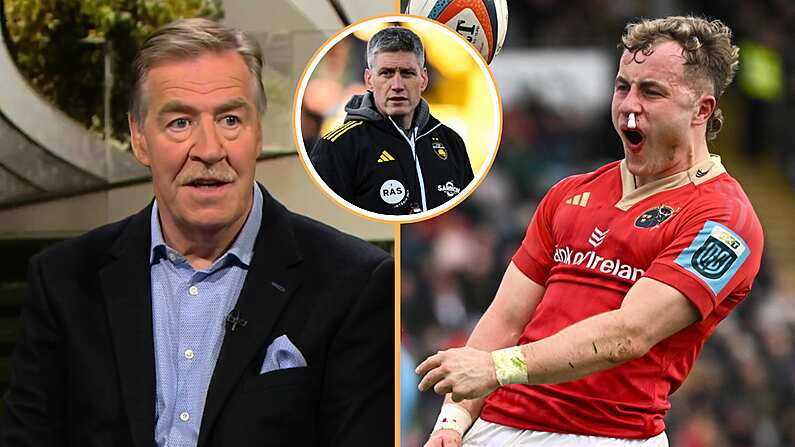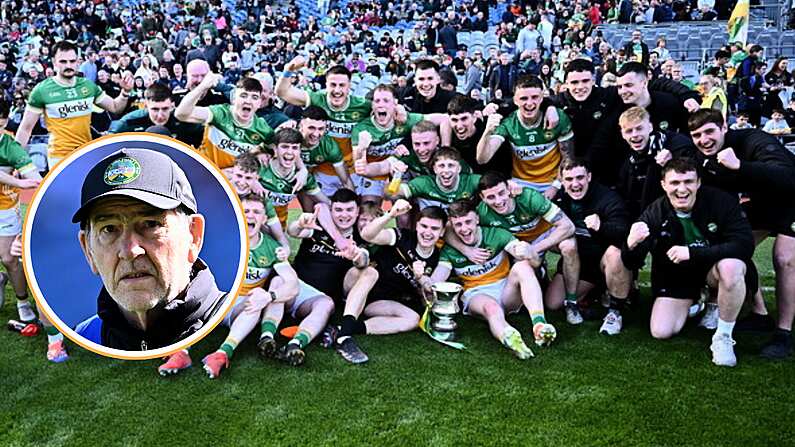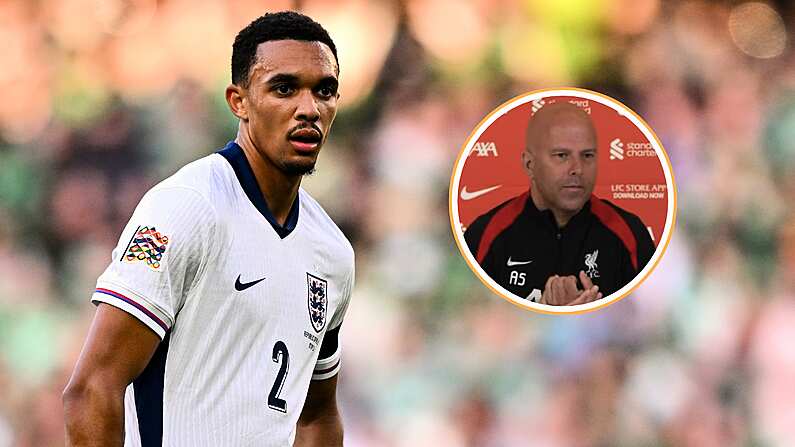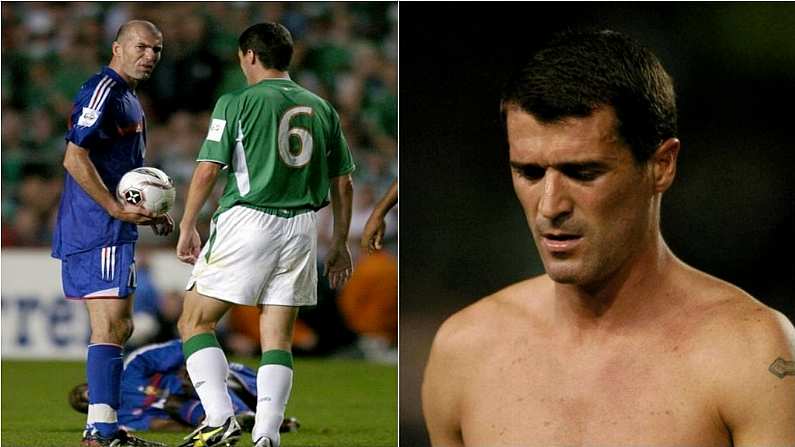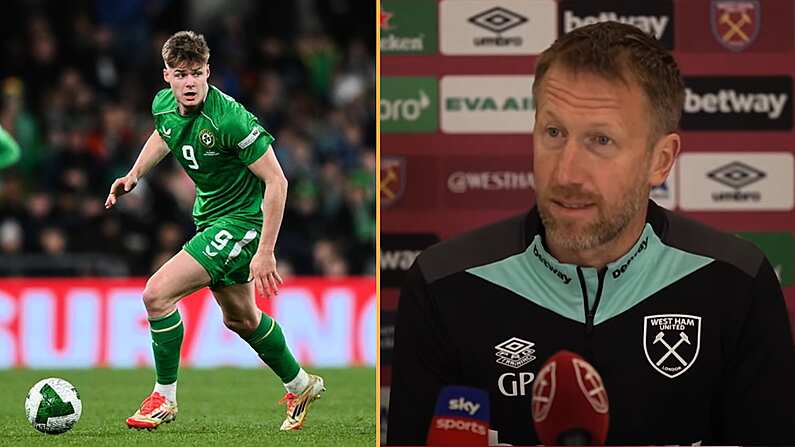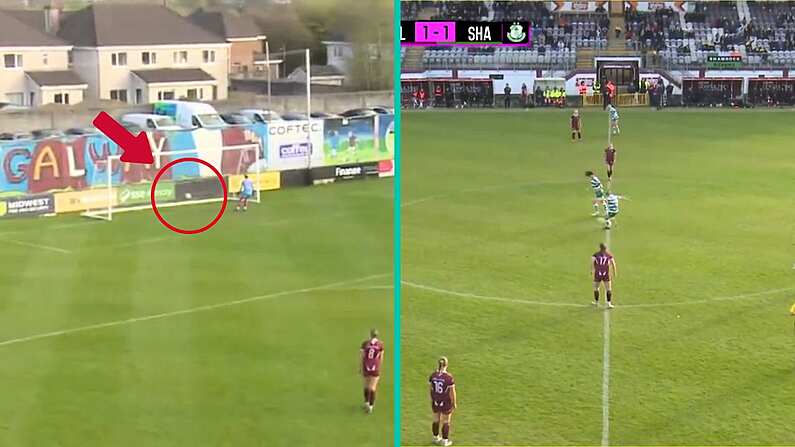English footballers Eni Aluko and Drew Spence have earned an apology from England's Football Association in light of new evidence proving that former manager Mark Sampson made remarks to them which were "discriminatory on the grounds of race".
Sampson had initially been cleared by two separate inquiries, but today independent barrister Katharine Newton found Sampson guilty, following the emergence of new evidence. A number of England players initially omitted from the previous inquiries (one of which was conducted by the FA, and deemed a "sham" by the PFA), came forward to confirm that Sampson had once goaded Spence by asking her how many times she had been arrested. It has also been established that Sampson warned Aluko to ensure her Nigerian relatives did not bring the Ebola virus to a game at Wembley.
In spite of proving that Sampson used racially discriminatory language, and concluding that Sampson "did treat Eni Aluko less favourably than he would have treated a player who was not of African descent", Newton concluded that Mr. Sampson is not a racist.
Here is the apology to Aluko and Spence, from the FA's CEO Martin Glenn:
On behalf of The Football Association I would like to sincerely apologise to Eniola Aluko and Drew Spence.
Based on new evidence submitted to independent barrister Katharine Newton, she has now found that they were both subject to discriminatory remarks made by an FA employee. This is not acceptable.
In her final report Katharine Newton concluded that on two separate occasions Mark Sampson made ill-judged attempts at humour, which as a matter of law were discriminatory on grounds of race within the meaning of the Equality Act 2010. Katharine Newton did however conclude that Mark Sampson was not racist.
“She also concluded that there was no evidence to support the allegations that Eniola Aluko was subjected to ‘a course of bullying and discriminatory conduct’ by Mark Sampson.
“Our ambition has always been to find the truth and take swift and appropriate action if needed. It was our decision to have the original, second and final investigation to ensure that due diligence was taken. It is regrettable that Eniola did not participate in the first external investigation as this would have enabled Katharine Newton to conduct and complete her investigation sooner. We will fully support the recommendations from the report.
From there, Aluko submitted a lengthy report to a Digital, Culture, Media and Sport Select Committee, which included some remarkable revelations.
This story has been covered superbly by The Guardian's Daniel Taylor, and he has tweeted a number of the revelations from Aluko's document.
These include the fact that Aluko has yet to receive her full £80,000 settlement fee from the FA, and that Glenn told her that if she did not publish a statement saying that the FA is not institutionally racist, then she would not receive all of her money.
First revelation: Martin Glenn, FA chief exec, invited her to meeting recently and tried to cut deal over her financial settlement (1/3)
— Daniel Taylor (@DTathletic) October 18, 2017
Aluko describes it as a “request/demand . . . unwarranted and unreasonable.” As it stands: the FA is refusing to pay up.
— Daniel Taylor (@DTathletic) October 18, 2017
Aluko said that she felt that was "bordering on blackmail". Glenn has refused to confirm whether the settlement will be paid, telling the select committee that "we'll reflect on that".
Further to that:
"I don't think he meant it maliciously ... he (Kendall) might have not been aware how annoying it got." She adds it was "very ignorant."
— Daniel Taylor (@DTathletic) October 18, 2017
(2/3) This included, she says, black actress being hired – portraying her, she believes – for role-play about a selfish, misbehaved player.
— Daniel Taylor (@DTathletic) October 18, 2017
(3/3) players were “uncomfortable with this demonstration because they believed actress was perpetrating negative, unfair perception of me”
— Daniel Taylor (@DTathletic) October 18, 2017


